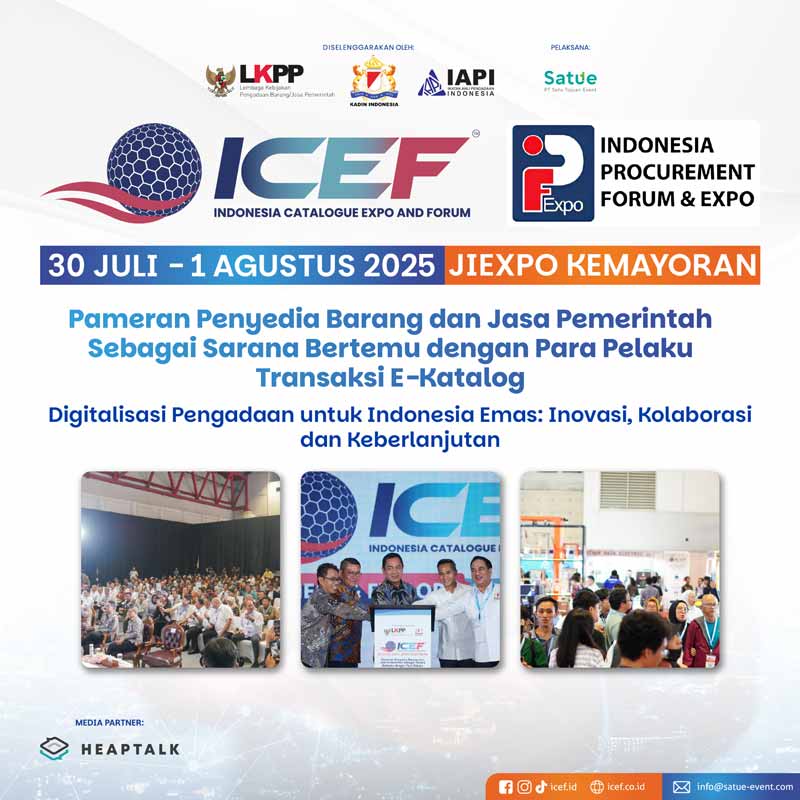The loan of ADB continues the previous commitment in October 2021, which was also part of the Competitiveness, Industrial Modernization, Trade Acceleration (CITA) Program.
Heaptalk, Jakarta — The Asian Development Bank (ADB) has provided loans at US$500 million to support Indonesia’s development agenda and reform priorities in creating an environment that promotes investment, reduces trade barriers, and increases the business scale.
This loan from ADB continues the previous commitment in October 2021, which was also part of the Competitiveness, Industrial Modernization, Trade Acceleration (CITA) Program. This program is aligned with Indonesia’s Vision 2045 and the National Medium Term Development Plan (RPJMN) 2020-2024, an essential part of ADB’s strategic partnership with Indonesia, specifically the strategic pathway to accelerate economic recovery and strengthen climate resilience.
In response to this cooperation, the Director of ADB Indonesia, Jiro Tominaga, stated, “Policy reforms under this program will help Indonesia attract more investment, including in green and sustainable businesses, reduce trade barriers, and empower local businesses.”
As is well known, Indonesia’s government has performed a series of strategic efforts to elevate an investment climate in the archipelago. To attract more investment and support Indonesia’s transition to a low-carbon economy, the government is deepening reform measures, such as promoting investment in energy efficiency and creating an enabling environment for more green investment.
The government also continues strengthening foreign direct investment for electric vehicle battery manufacturing, including signing five high-value contracts, which are expected to create employment opportunities for at least 49,000 jobs.
Furthermore, to reduce trade barriers, the government has also implemented three new systems based on plans according to the National Logistics Ecosystem Structuring Action Plan (2020 – 2024) to connect the public sector with the private sector digitally in the logistics chain, including the launch of digital payment platform, in conjunction with other six banks by implementing a single operations system for port operations.
Nevertheless, he emphasized that ongoing structural reforms remain necessary to increase the country’s growth potential through investment stimulation, unlocking job opportunities, and business and trade climate improvement.
For this reason, together with ADB, Indonesia’s government continues to improve the entrepreneurial ecosystem and increase the capacity of the business world to focus more on enhancing exports and technology, particularly women-owned businesses, which frequently need to improve their ability to participate in government procurement.
Regarding the technology reinforcement, the government will also provide an integrated system with data disaggregated by gender for MSMEs, which will be used to track, analyze, and report the performance of women-owned companies.
Through these strategic endeavors, Jiro looks forward to the archipelago could attain a high-income status by 2045. He also revealed that the government anticipates that Indonesia’s Gross Domestic Product (GDP) will have to grow at least 6.0% annually, along with the country’s outstanding performance during the post-pandemic era.














